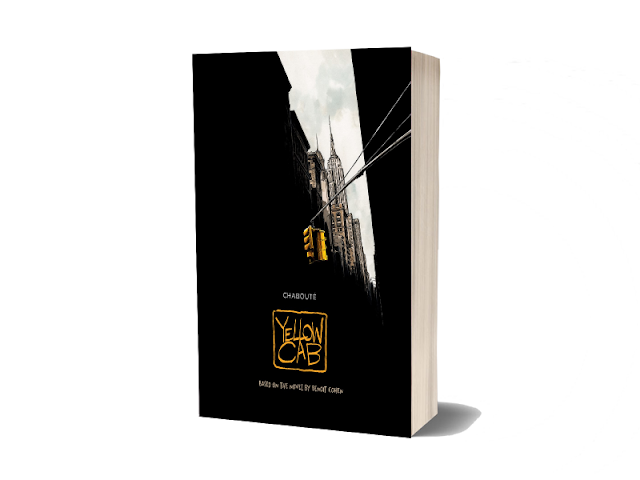NORMAN H. ROTHSCHILD on Emperor Wu Zhao's Political Feats & Prowess
INTRODUCTION:
The life of Emperor Wu Zhao (popularly known as Wu Zetian) possesses some similarities to that of Hatshepsut, Pharaoh of Egypt. They are both women and rule at a time when women rulers were deemed to be an abnormality. Also, both employ unconventional tactics to keep hold of power in a male dominated world. Significantly, both women’s reigns are seen to be relatively successful in today’s world. Hence, when I saw the opportunity to read about the first female emperor of China, I had to seize it.WHAT THE BOOK IS ABOUT:
When your political opponents call you “cold…, of lowly birth,… half-viper half-chameleon,… ravenous jackal…hated by men and spirits…” then you know you are in for a rough ride in your career. However, these are the words used by one of the prominent scholars of Wu Zhao’s day to describe her.Emperor Wu Zhao & Her Pantheon Of Devis, Divinities, And Dynastic Mothers focuses mainly on Wu Zhao’s political tactics in getting public support during her reign as well as legitimizing herself as the right person to rule over China. Because the idea of a woman ruling is not a common phenomenon, the new Empress had to be creative by not dismissing tradition, but by fostering an empowered female identity with “a lineage of culturally revered female ancestors, goddesses, and paragons from different traditions, all of whom were closely associated with her person and her political power.”
By using ancestor worship, which is a key pillar of the empire, Emperor Wu Zhao stakes a claim and strengthens her hold on her position by “reconstituting rites, resuscitating institutions, and echoing dynastic names of past eras.”
The author devotes a great part of the book to detailed information on the ancestors and goddesses Wu Zhao used to silence those who opposed her.
CONCLUSION:
Emperor Wu Zhao & Her Pantheon Of Devis, Divinities, And Dynastic Mothers is heavy on details on Chinese deities. The information is put in an organized form and this helps with quick references. The book did not dwell on the Emperor Zu Zhao’s background, but instead focuses on her accomplishments and reforms (which she sometimes enforces in a cunning way).The writing is straightforward and stripped of flowery language - everything is quick and straight to the point. For those who seek to learn more about the political feats of the first female emperor of China, this is a fine reference book.
Emperor Wu Zhao & Her Pantheon Of Devis, Divinities, And Dynastic Mothers is written by Norman Harry Rothschild and published by Columbia University Press (June 16, 2015).
Many thanks to Columbia University Press for review copy. All images are © to their respective owners.
&&&



